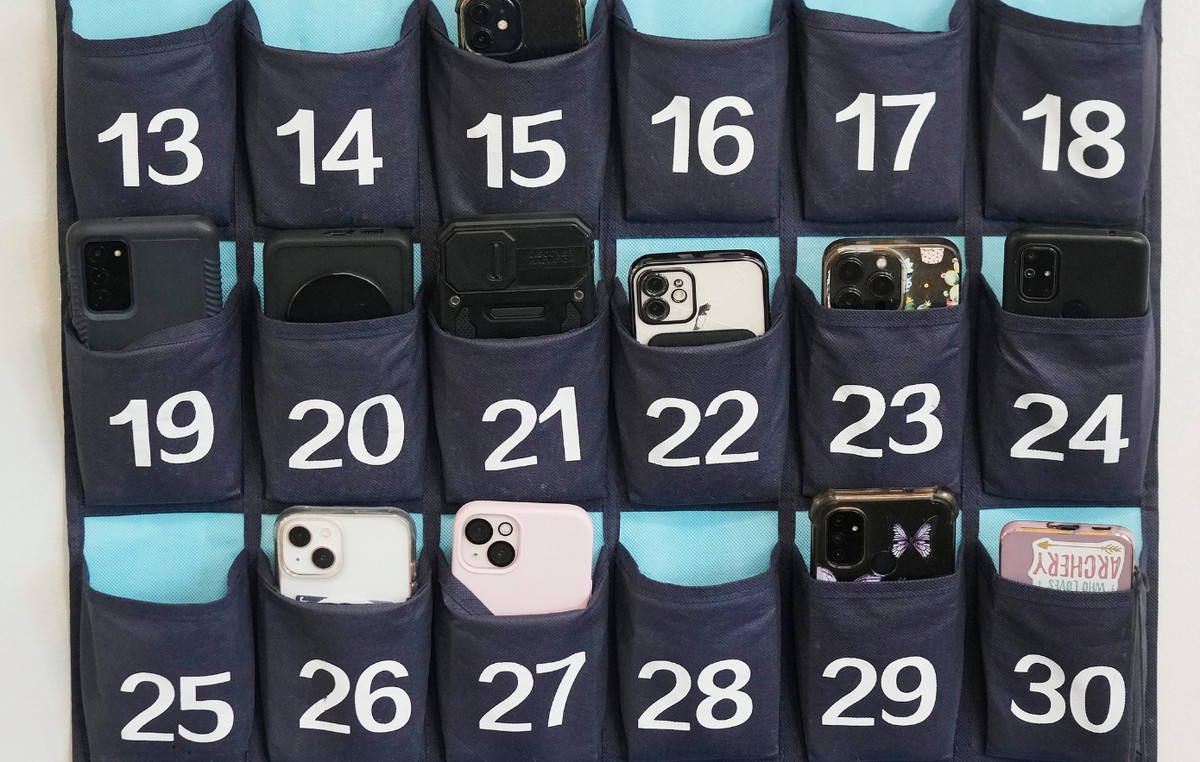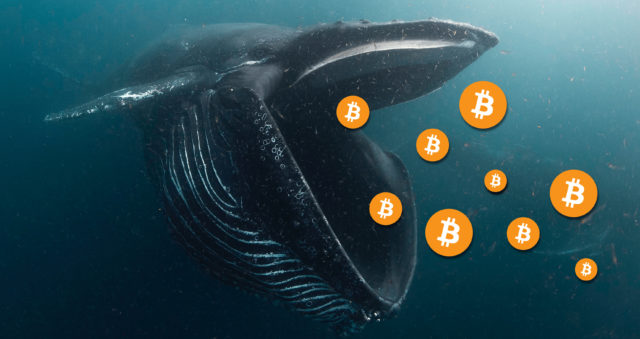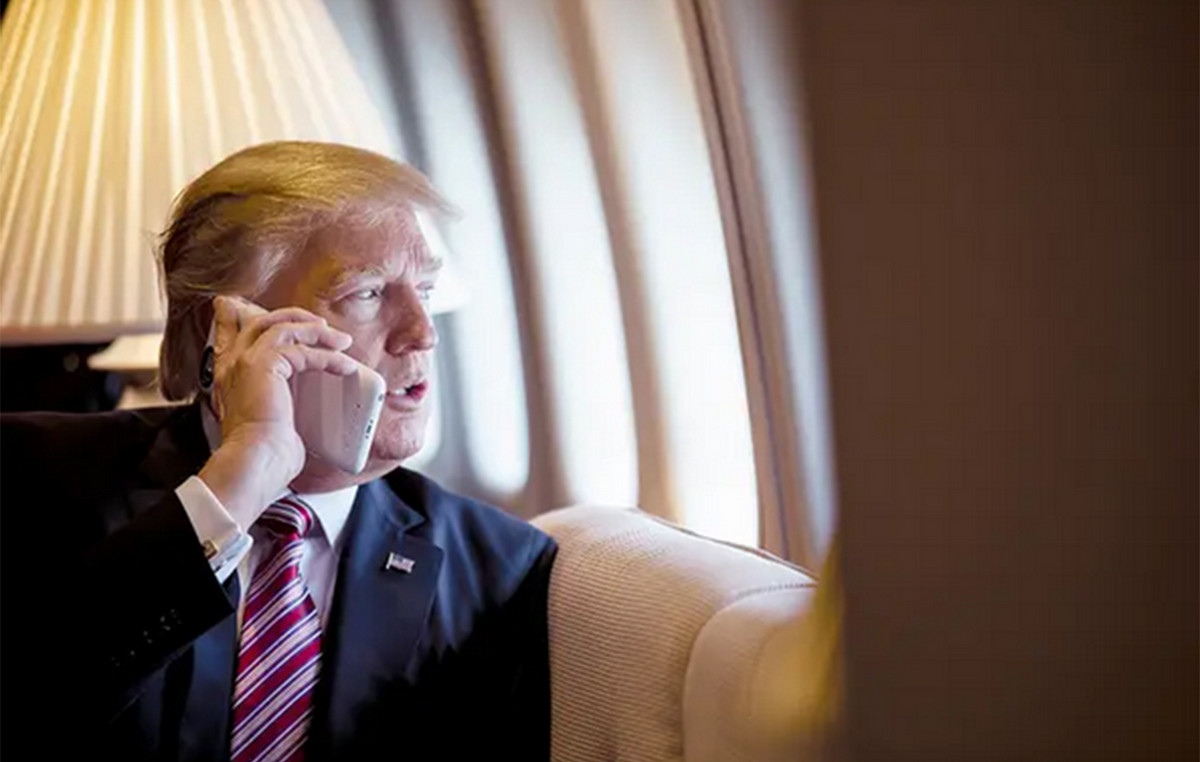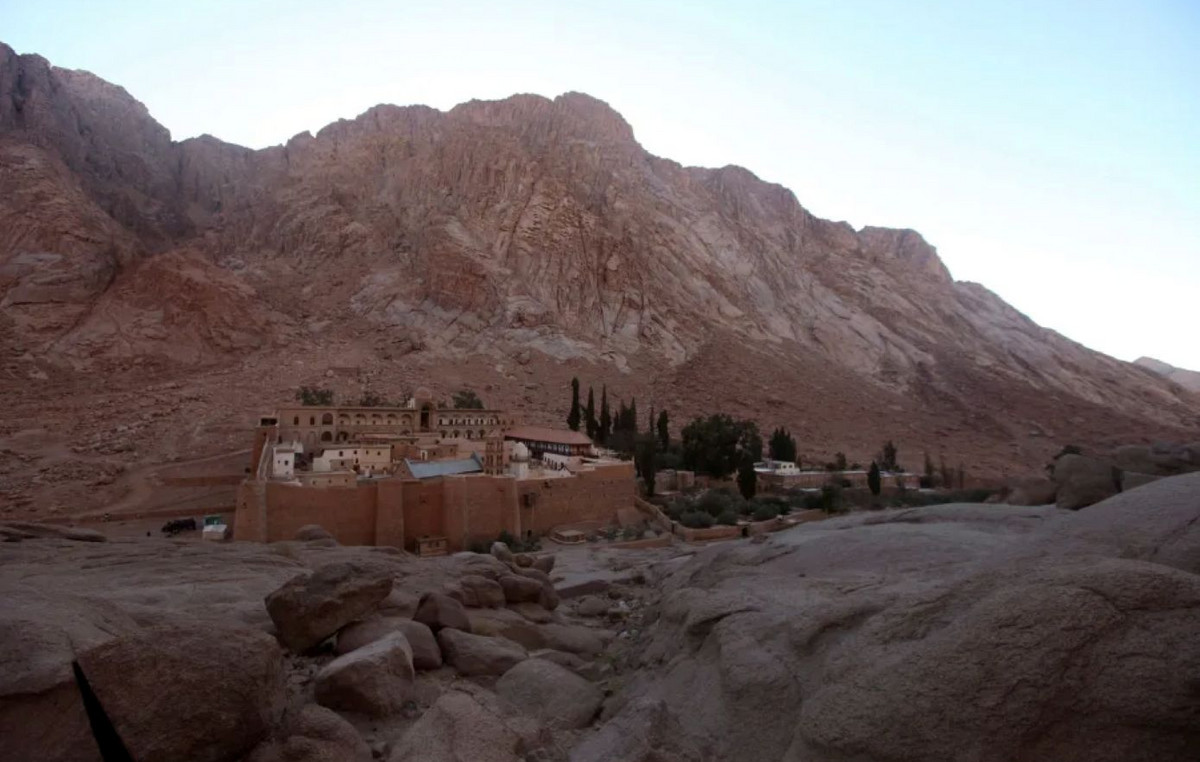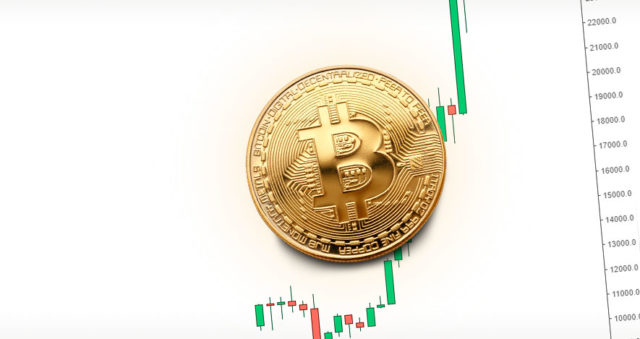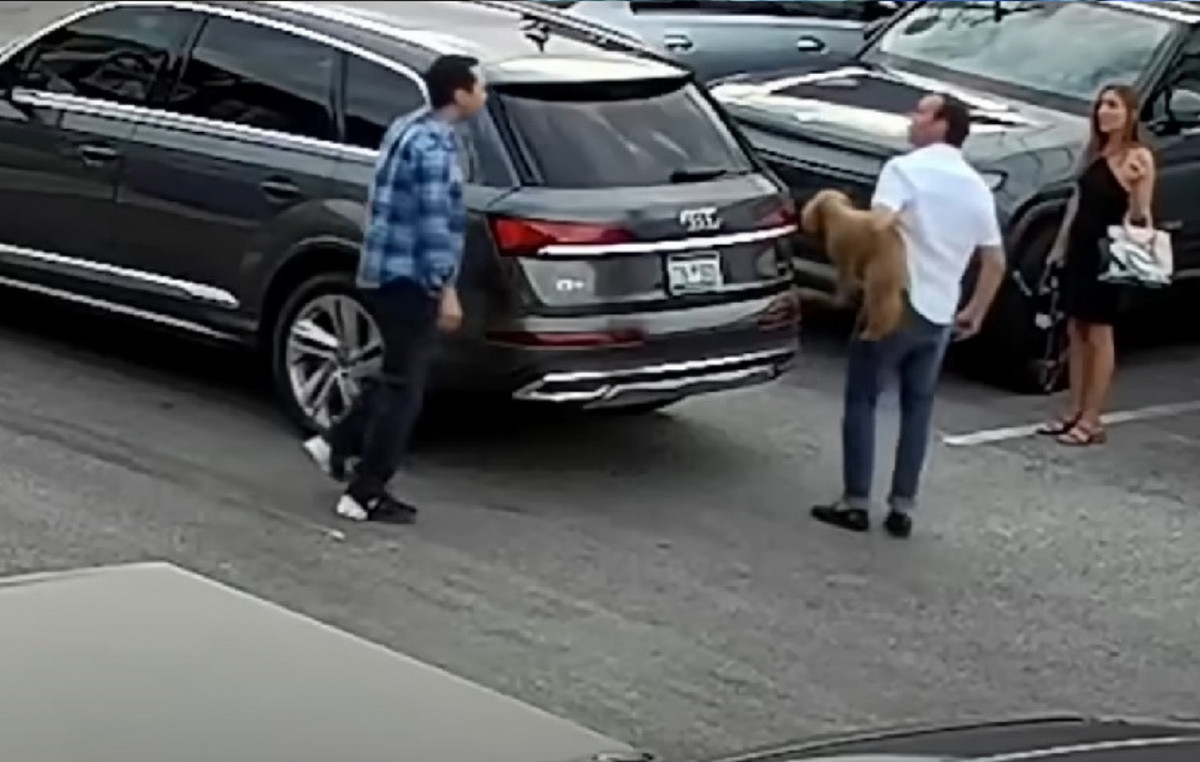Record-breaking heat, rising sea levels, increasingly extreme weather events and more are fueled by climate crisis caused by humans. It doesn't seem like a great time to be raising kids, or even having them for the first time. But perhaps it still is, if we can combat fear with knowledge and hope.
I spoke with Bill Weir, chief climate correspondent for CNN and host of the CNN original series “The Wonder List with Bill Weir,” about these topics and his new book, “Life As We Know It (Can Be): Stories of People, Climate, and Hope in a Changing World,” written as an open letter to his own children. The conversation has been edited and summarized for clarity.
David Allen: Are you fundamentally an optimist or pessimist by nature?
Bill Weir: Depends on the day. I've found that when covering this topic, my mood is directly proportional to what I'm focused on. Some days, it's a barrage of peer-reviewed fear and just more signs of how many ways humanity is destroying the planet.
But the days when I focus on the problem solvers, the dreamers, the doers, the people who know there is a better future, (those days) heal the soul.
When I actually sat down to write this book, we were in a very dark place nationally. And I've found enough positive stories, seen enough momentum going in the right direction, that most days now I wake up with more wonder than concern.
The fight has just begun, and much can be saved. And a lot is worth saving. This is the ethic I'm trying to pass on to my children: being clear about the challenges, but full of courage and hope for the solutions.
Allen: On the one hand, you wrote “The United States of America that I knew and loved is gone…eaten from within by metastasized lies fed to angry people in forgotten places.” On the other hand, you have intentionally had a child in recent years. What would you say to someone who feels conflicted about having a baby right now?
Weir: I would say we need all the good help we can get. And if you believe that your child will be a positive balance for humanity, go ahead. I think our basic purpose in life is to procreate. Nature wants replication and, hopefully, improvement for the next generation.
It's a very first world problem to think about whether or not to have children. It's hard for people, and I totally understand the psychology behind this kind of thing, because we don't really deal with the mental stress of climate change. We don't process the five stages of grief (denial, anger, bargaining, depression, and acceptance) as it relates to the climate to realize what we've lost. And we need to reach acceptance of what we need to build to survive and thrive.
There are family counselors who deal with parents who are in the grip of this grief. They still want to expand their family (but) they're so worried about what the future might bring. I think this is a valid concern, and there was a time when I completely understood where these people were coming from. But I'm so happy my little boy is here. He gives me inspiration that I wouldn't otherwise have. It gives me perspective. I guess I'm a believer that humans can be a net positive for the planet. And most people want to be, and it really comes down to the stories we tell ourselves.
Allen: Young people are worried about the climate. About 84% of 10,000 people ages 16 to 25 in 10 countries were moderately or extremely worried about climate change, according to a 2021 survey published in Lancet Planet Health. More than 50% in the survey said they felt sad, anxious, angry, helpless, hopeless and guilty about it. And more than 45% said their feelings about the issue negatively affect their daily life and functioning. You cite a similar study in your book. What would you say to these teens and young adults? Or whatever you say, because your daughter is in that age range, right?
Weir: She is 20 years old. Well, I say “sorry” for starters. We regret that our intended and unintended consequences have messed up her future. They can't take for granted the things I took for granted – air, water, temperature, how you build shelter, how you grow food – they don't have the luxury of ignoring these things.
My father used to say to me, whenever I got into trouble, “You better be resilient.” And so I feel like we have to raise a generation of resilient kids and show them what that looks like. We have to be constantly vigilant about unexpected and unnatural disasters. And we have to talk to each other in communities about these things.
I think a big reason for these spikes in climate anxiety in these surveys is the result of us not talking about it. The result of adults not having honest conversations about what we are losing, what is worth saving, the decisions we need to make, because there are no easy decisions anymore. We have to do brutal math about what's worth saving and what's worth leaving behind. I think it's only through these conversations that we move through the five stages of climate grief and reach the end of it, which is acceptance.
Allen: I love this detail about the birth of her son, River, that he was conceived in a lighthouse during the pandemic. It's the perfect metaphor, a beacon of light, of hope in the darkness. To take this metaphor a little further, another characteristic of lighthouses is that they are built to withstand the worst of nature and are often isolated to the point that they need to be self-sufficient. Are self-sufficiency and fortitude virtues that you think parents need to emphasize more now?
Weir: Yes, absolutely. My father was a bit of a misanthrope who loved being alone. And he raised me with this John Muir sense of romanticism about living in a cabin in the woods. But John Muir was using an ax that was made in a factory somewhere, by other people who didn't have the luxury of going off the grid. We need everyone. We need all hands on deck together these days.
In terms of teaching resilience and independence, as a personality trait, I think this is vital. But I want my children to be connected to their communities, to be civically engaged too. Know your power as conscious citizens and consumers. Be the kind of neighbor who makes everyone around you stronger, no matter what.
Allen: I have two children, aged 12 and 16. And when I talk to them about the climate crisis, I find myself trying to lighten it a little, to counter the despair with optimism about reversing the course we're on, of government action, scientific advances, stories of people making changes. How do we find that balance in the daily conversation with our children of being honest but not hopeless?
Weir: I'm trying to find that balance all the time. The best advice I ever received for leading climate coverage in this part of my life came from Mr. Rogers, who famously said that whenever he saw a scary event on television, his mother would tell him to “look for the helpers;” there are always helpers rushing to the scene. And this book is dedicated to the helpers, not just the first responders who flock to these disaster zones, but the countless people who live lives of quiet service and move us in a more positive direction.
The helpers excite me – the idea that the same frontal lobes that built the problem when we exploded as a species can solve it when we come together. There is so much to be done. There is so much to be saved.
Source: CNN Brasil
I am an experienced journalist and writer with a career in the news industry. My focus is on covering Top News stories for World Stock Market, where I provide comprehensive analysis and commentary on markets around the world. I have expertise in writing both long-form articles and shorter pieces that deliver timely, relevant updates to readers.

